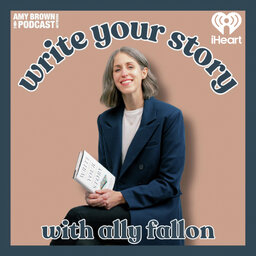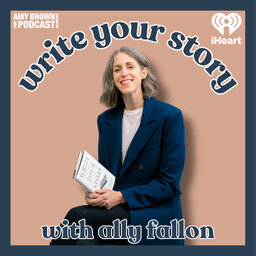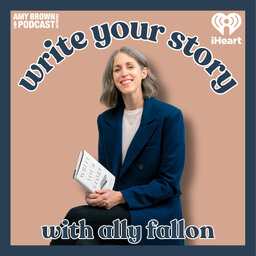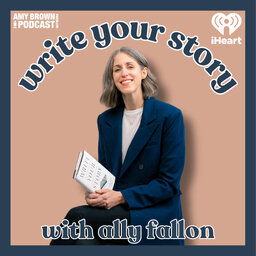AGENCY VS. CONTROL
Control is toxic to creativity. So what’s the alternative? Do we have to take what life hands us or do we get any say in the matter? In today’s episode I explore the concepts of agency and control and talk about the distinct differences between the two.
This conversation is with an aspiring author and my new friend Meredith, who is a former CIA agent and expert on the idea of using your own personal agency to create a sense of safety, even in an environment that by all standards would be considered unsafe.
If the world feels chaotic to you right now…
If you struggle with anxiety…
If you have a hard time feeling safe (even when you are actually safe)...
If you have felt at times like you have to “take what life handed you”...
If you’d like to experience the feeling of being settled inside your own skin…
If you want more access to your power and intuition…
Don’t miss this powerful episode.
Host: Ally Fallon // @allyfallon // allisonfallon.com
 Write Your Story with Ally Fallon
Write Your Story with Ally Fallon


